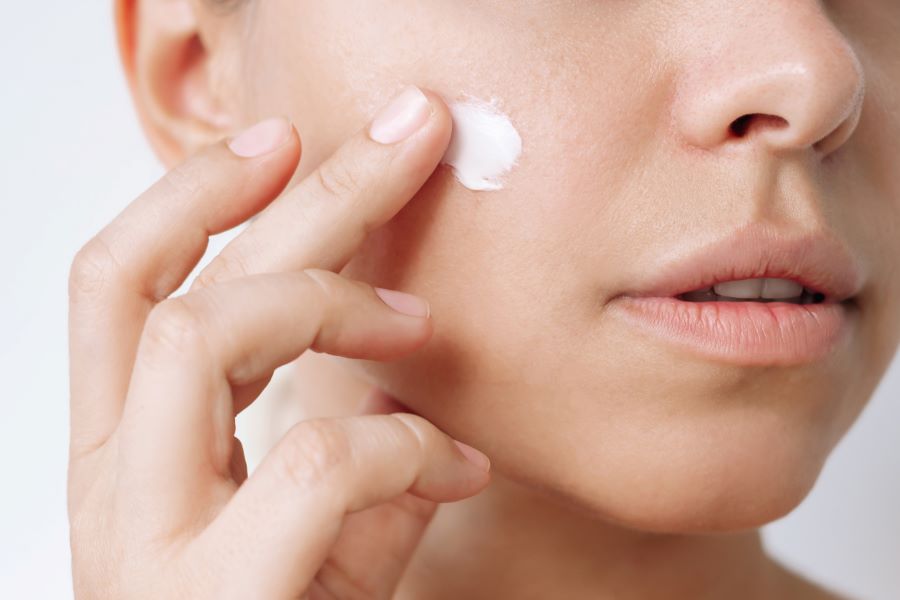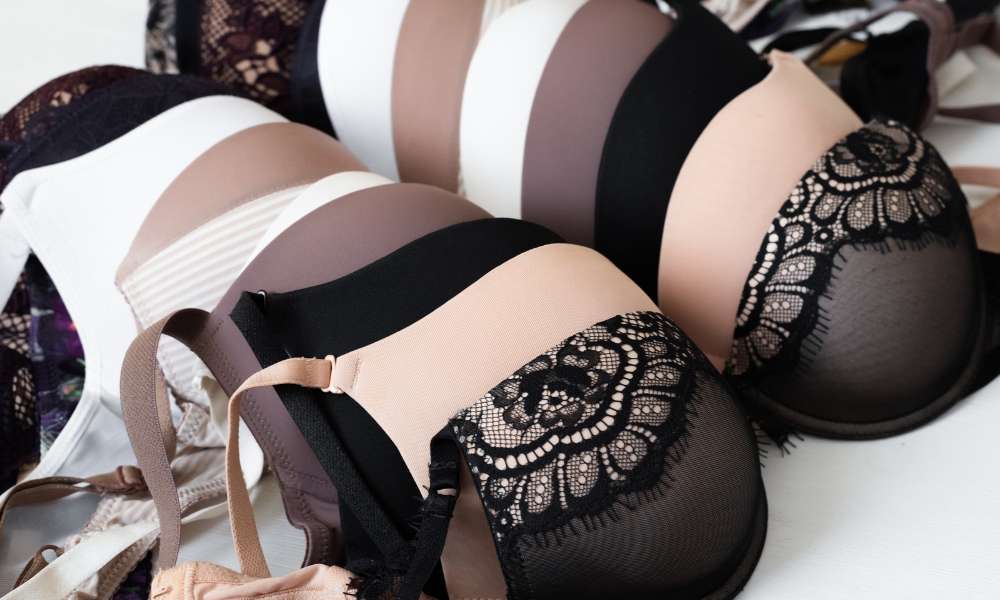Age Gracefully with Confidence: Discover the Best Wrinkle Care Treatments for Seniors
Wrinkles are natural — but they don’t have to define how you look or feel. Today’s modern wrinkle care solutions are designed specifically for mature skin, helping smooth lines, boost elasticity, and restore your glow without surgery. Here are some wrinkle care treatments that actually work.

As we age, our skin undergoes significant changes. Collagen production decreases, elasticity diminishes, and years of sun exposure take their toll. For many seniors, these changes manifest as wrinkles, fine lines, and age spots. While aging is inevitable, the appearance of wrinkles can be managed effectively with the right approach. Today’s skincare landscape offers a wide range of solutions designed specifically for mature skin, combining scientific innovation with practical accessibility.
Modern Wrinkle Care Solutions for Seniors
Contemporary wrinkle care has evolved far beyond basic moisturizers. Retinoids, derived from vitamin A, remain among the most researched and effective topical treatments for reducing fine lines and improving skin texture. Prescription-strength retinoids like tretinoin have demonstrated significant results in clinical studies, while over-the-counter retinol products offer gentler alternatives for sensitive skin. Hyaluronic acid serums provide deep hydration by attracting moisture to the skin, plumping fine lines and creating a smoother appearance. Peptide-based formulations work by signaling skin cells to produce more collagen, addressing wrinkles at their source. Antioxidant serums containing vitamin C, vitamin E, and ferulic acid protect against environmental damage while brightening the complexion. Seniors should introduce new products gradually and always use broad-spectrum sunscreen, as mature skin can be more sensitive to active ingredients.
Modern Wrinkle Care Options
Beyond at-home skincare routines, professional treatments offer more dramatic results for those seeking advanced solutions. Botulinum toxin injections temporarily relax facial muscles that cause expression lines, particularly effective for forehead wrinkles and crow’s feet. Results typically last three to six months. Dermal fillers containing hyaluronic acid or other biocompatible substances restore lost volume and smooth deeper wrinkles, especially around the mouth and cheeks. Chemical peels use controlled exfoliation to remove damaged outer skin layers, revealing fresher skin beneath and stimulating collagen production. Microneedling creates tiny controlled injuries that trigger the skin’s healing response, boosting collagen and elastin production over time. Laser resurfacing treatments target specific skin concerns with precision, from fractional lasers that require minimal downtime to more intensive ablative procedures. Each option carries different considerations regarding cost, recovery time, and suitability for individual skin types, making professional consultation essential before proceeding.
| Treatment Type | Provider/Product | Cost Estimation |
|---|---|---|
| Retinoid Cream (Prescription) | Dermatology Clinics | $50-$150 per tube |
| Hyaluronic Acid Serum | Skincare Brands | $20-$80 per bottle |
| Botulinum Toxin Injections | Medical Spas/Dermatologists | $200-$600 per treatment area |
| Dermal Fillers | Cosmetic Clinics | $500-$1,500 per syringe |
| Chemical Peel (Medium) | Dermatology Centers | $150-$400 per session |
| Microneedling Session | Medical Spas | $200-$700 per treatment |
| Laser Resurfacing | Cosmetic Dermatology | $1,000-$3,000 per session |
Prices, rates, or cost estimates mentioned in this article are based on the latest available information but may change over time. Independent research is advised before making financial decisions.
Real Stories from Real People
Many seniors have found success with various wrinkle care approaches, and their experiences offer valuable insights. Some report significant improvements from consistent use of prescription retinoids combined with diligent sun protection, noting smoother texture and reduced fine lines after several months. Others appreciate the immediate confidence boost from injectable treatments, particularly for special occasions or important life events. A growing number of seniors embrace a holistic approach, combining professional treatments with lifestyle modifications like increased water intake, balanced nutrition rich in antioxidants, adequate sleep, and stress management. Some prefer natural alternatives, incorporating facial massage, gua sha tools, and plant-based skincare products into their routines. The common thread among successful approaches is consistency, realistic expectations, and choosing methods that align with personal values and comfort levels. What works beautifully for one person may not suit another, emphasizing the importance of individualized care and patience with the process.
Understanding Your Skin’s Unique Needs
Senior skin requires special consideration due to age-related changes in thickness, moisture retention, and healing capacity. Mature skin tends to be drier and more fragile, making gentle formulations essential. Ingredients like ceramides, niacinamide, and squalane support the skin barrier without causing irritation. Seniors with underlying health conditions or taking certain medications should consult healthcare providers before starting new treatments, as some ingredients may interact with medications or affect sensitive skin. Patch testing new products helps identify potential reactions before full application. Building a simple, effective routine often yields better results than complicated multi-step regimens. Morning routines should prioritize sun protection, while evening routines can incorporate active ingredients that work overnight. Regular dermatological check-ups ensure that any skin changes receive appropriate attention and that chosen treatments remain safe and effective.
Making Informed Decisions About Wrinkle Care
Navigating the vast array of wrinkle care options requires research, realistic expectations, and sometimes professional guidance. Not every treatment suits every individual, and results vary based on skin type, lifestyle factors, and genetic predisposition. Starting with less invasive options allows seniors to gauge their comfort level and response before considering more intensive procedures. Reading ingredient lists, understanding product claims, and recognizing marketing versus scientific evidence helps in making informed purchases. Professional consultations with board-certified dermatologists provide personalized recommendations based on individual skin assessments. Many practices offer complimentary consultations to discuss goals and explore suitable options. Cost considerations matter, but the cheapest option is not always the most effective or safest choice. Investing in quality products and qualified practitioners often delivers better long-term value and minimizes risks.
Aging skin deserves care, respect, and attention tailored to its unique characteristics. Whether choosing topical treatments, professional procedures, or a combination approach, seniors have more options than ever to address wrinkles effectively. The key lies in finding solutions that fit individual needs, budgets, and lifestyle preferences while maintaining realistic expectations about results. With proper care and informed choices, mature skin can remain healthy, comfortable, and radiant throughout the senior years.




